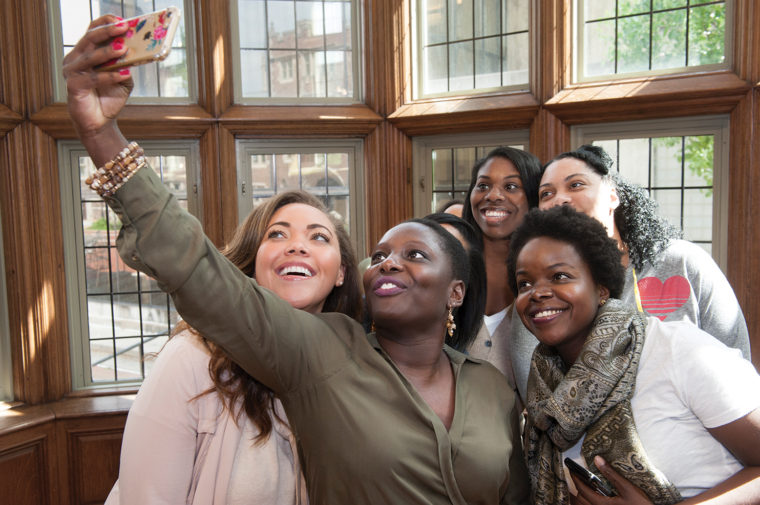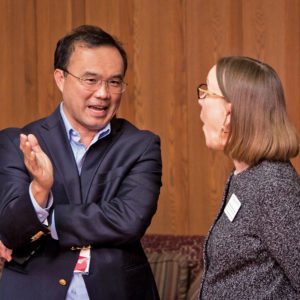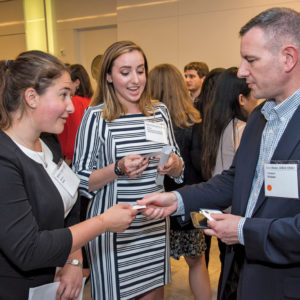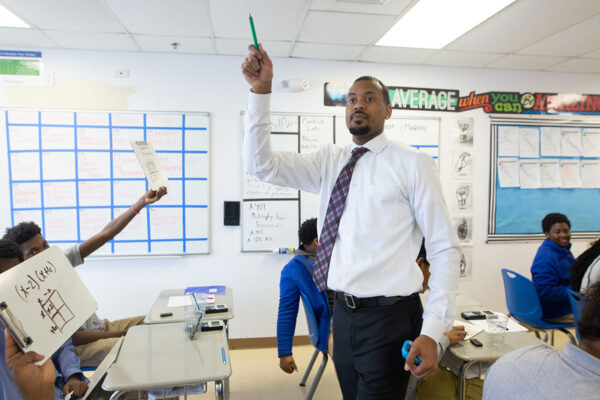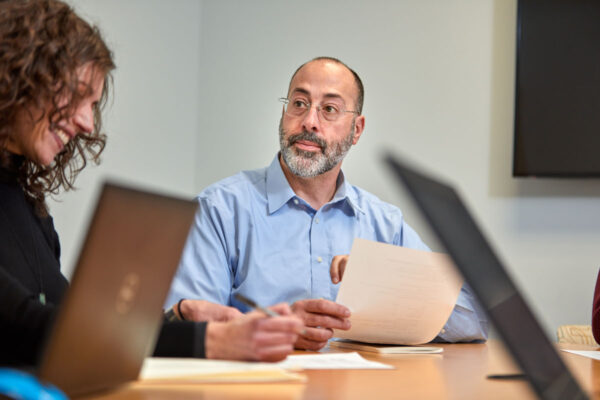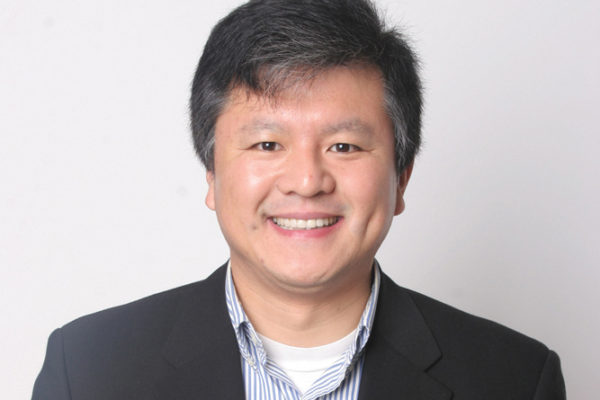In August 2017, the Alumni Association announced the creation of alumni networks as a new framework for connecting alumni, parents and friends based on geography, identity, student experience or professional interest.
Alumni, parents and friends are invited to participate in any and all networks that appeal to them, and there are many choices. Currently, the university has 33 regional networks (formerly known as WU Clubs) and 10 professional or industry networks, as well as the Black Alumni Council, Washington University Pride Alumni Network and WashU Asian Alumni Network.
Alumni have countless fond memories of their college experiences and just as many reasons to stay connected to the university. An alumna living in Atlanta may decide to serve on her 20th Reunion volunteer committee, attend a tour of the High Museum of Art with the Atlanta Network and interview prospective students through the Alumni and Parents Admission Program. A WashU parent living in Seattle may join the Sustainability Network via LinkedIn and attend a faculty lecture hosted by the Seattle Network. Some may choose to be involved year-round, and others may reach out and participate every five years — the possibilities are abundant.
The Regional and National Networks (RANN) Committee of the Alumni Board of Governors took a lead role in the transition to the alumni networks structure. “We began by asking, ‘How can we foster lifelong connections between alumni and the university?’” says Howard Epstein, AB ’86, MD ’91, former chair of the RANN committee. The committee recognized that alumni do not identify themselves solely on the basis of geography or alma mater; they also identify themselves through their occupations, backgrounds and personal attributes and interests. “People are multifaceted, and these networks allow alumni and parents to continue to find value in their relationship with the university,” Epstein says.
The committee researched alumni clubs and networks at peer institutions across the country and found that a growing number of universities have moved away from the term clubs, which can imply membership dues or a physical location. “Networks is a more inclusive umbrella term for the various alumni communities that have connected over the years and formed social and professional groups,” says Susan Cohen, assistant vice chancellor of Alumni Relations.
The new model also allows alumni to bring their own ideas to the table. As Epstein points out, “WashU alumni are highly intelligent, motivated, wonderful people who have their own great suggestions.” With that flexibility in mind, the alumni networks website features resources for alumni who have feedback and ideas and want to get more involved. And the networks are not limited to alumni; several networks are co-chaired by parents, and parents often attend regional or city network events to meet other members of the university community.
“I think there are many alumni who, like me, think of their years as a student at Washington University as one of the most important points in their lives — a time that really helped shape who they are — and we want to continue to feel that we can contribute to, and receive value from, the university. We want to be a part of the larger Washington University community and keep that connection strong,” Epstein says.
